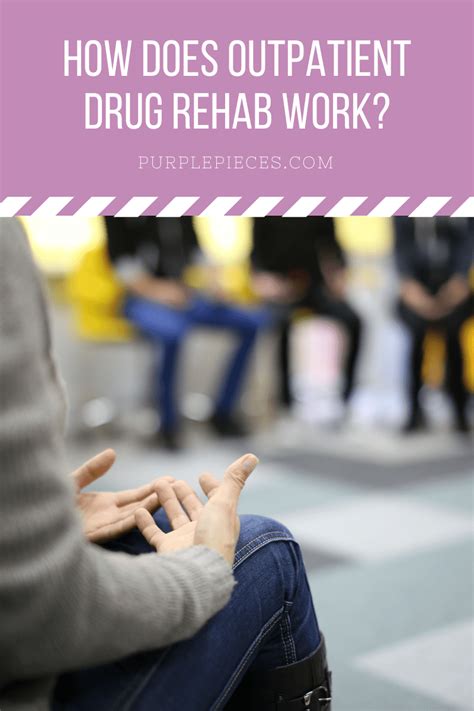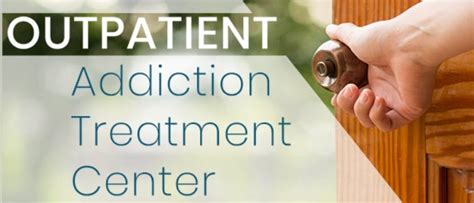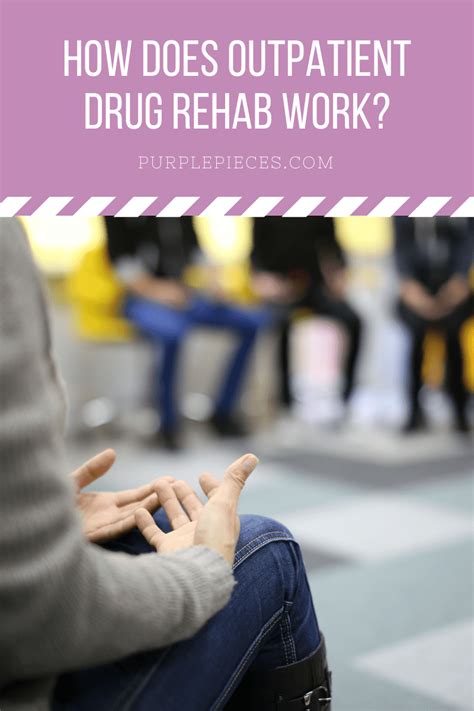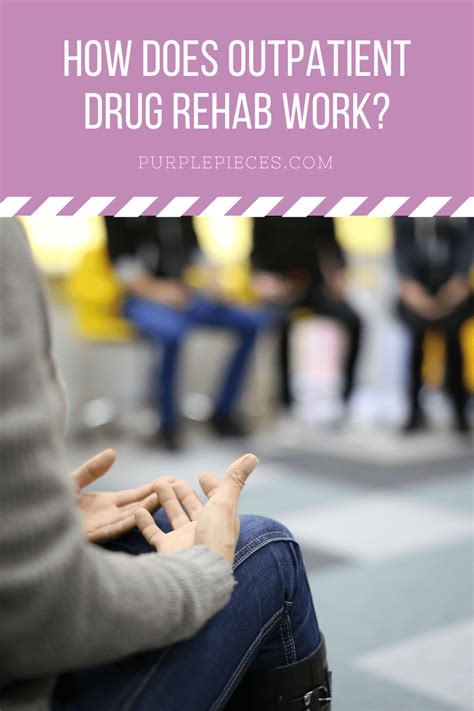Intro
Outpatient drug rehabilitation centers have become a vital component in the journey towards recovery for many individuals struggling with substance abuse. These centers offer a flexible and supportive environment, allowing patients to receive treatment while still maintaining their daily routines and responsibilities. The importance of outpatient drug rehabilitation cannot be overstated, as it provides an accessible and effective pathway to recovery for those who may not require or prefer inpatient care.
The need for outpatient drug rehabilitation centers stems from the diverse needs of individuals battling addiction. Some may have work or family commitments that prevent them from seeking inpatient treatment, while others may prefer the autonomy and flexibility that outpatient programs offer. Moreover, outpatient care can be just as effective as inpatient care for certain types of addiction, especially when combined with a strong support system and a commitment to the recovery process.
Outpatient drug rehabilitation centers cater to a wide range of substance abuse issues, including but not limited to, alcohol, cocaine, heroin, and prescription drug addiction. These centers employ a multidisciplinary approach, incorporating medical, psychological, and social interventions to address the complex needs of their patients. By providing a comprehensive and personalized treatment plan, outpatient centers empower individuals to overcome their addiction and achieve long-term sobriety.
Benefits of Outpatient Drug Rehabilitation

Another significant benefit of outpatient drug rehabilitation is the cost-effectiveness of the program. Compared to inpatient care, outpatient treatment is generally less expensive, making it a more accessible option for individuals who may not have the financial resources for inpatient care. Additionally, outpatient programs often provide a sense of community and support, which is essential for the recovery process. Patients have the opportunity to connect with others who are facing similar challenges, creating a network of peers who can offer encouragement and motivation.
Components of Outpatient Drug Rehabilitation
Outpatient drug rehabilitation programs typically consist of several key components, including individual and group counseling, medication management, and educational sessions. Individual counseling provides patients with a safe and confidential environment to discuss their personal struggles and receive guidance from a trained therapist. Group counseling, on the other hand, offers a supportive community where patients can share their experiences and learn from others who are navigating the recovery process.Medication management is another critical component of outpatient drug rehabilitation, particularly for individuals who are struggling with opioid or prescription drug addiction. Medications such as methadone, buprenorphine, or naltrexone can help alleviate withdrawal symptoms and reduce cravings, increasing the patient's chances of a successful recovery. Educational sessions, which may cover topics such as addiction education, relapse prevention, and coping skills, empower patients with the knowledge and tools necessary to maintain long-term sobriety.
Types of Outpatient Drug Rehabilitation Programs

Traditional outpatient programs provide a more flexible schedule, with patients attending sessions 1-2 times per week. These programs are often suitable for individuals who have completed a higher level of care or are seeking ongoing support and maintenance. Additionally, some outpatient centers offer specialized programs, such as adolescent or adult programs, which cater to the unique needs and challenges of different age groups.
Effectiveness of Outpatient Drug Rehabilitation
The effectiveness of outpatient drug rehabilitation has been extensively studied, with research indicating that these programs can be highly successful in promoting long-term sobriety. A key factor in the effectiveness of outpatient care is the patient's level of engagement and motivation. Patients who are committed to the recovery process and actively participate in treatment tend to have better outcomes than those who are less engaged.Another critical factor is the quality of the treatment program. Outpatient centers that employ evidence-based practices, such as cognitive-behavioral therapy (CBT) and medication-assisted treatment (MAT), tend to have higher success rates than those that do not. Furthermore, programs that provide ongoing support and aftercare services can help patients maintain their sobriety over time, reducing the risk of relapse.
Challenges and Limitations of Outpatient Drug Rehabilitation

Another limitation of outpatient care is the potential for inconsistent treatment adherence. Patients may struggle to attend sessions regularly or may not fully engage with the treatment process, which can hinder their progress and increase the risk of relapse. Additionally, outpatient programs may not provide the same level of structure and supervision as inpatient care, which can be a disadvantage for patients who require a more intensive and supportive environment.
Future Directions for Outpatient Drug Rehabilitation
As the field of addiction treatment continues to evolve, there are several future directions for outpatient drug rehabilitation. One area of growth is the incorporation of technology, such as telehealth and mobile apps, to enhance treatment accessibility and engagement. These digital tools can provide patients with convenient and confidential access to counseling, support groups, and educational resources, increasing the reach and effectiveness of outpatient care.Another area of focus is the development of personalized treatment approaches, which take into account the unique needs and characteristics of each patient. By using advanced assessment tools and data analytics, outpatient centers can create tailored treatment plans that address the specific challenges and goals of each individual. This personalized approach can lead to better treatment outcomes and increased patient satisfaction, ultimately improving the overall effectiveness of outpatient drug rehabilitation.
Conclusion and Next Steps

As we move forward, it is essential to continue innovating and improving outpatient drug rehabilitation programs, incorporating evidence-based practices, technology, and personalized approaches to enhance treatment outcomes. By working together, healthcare providers, policymakers, and community leaders can ensure that outpatient care remains a cornerstone of addiction treatment, providing hope and recovery to individuals and families affected by substance abuse.
What is outpatient drug rehabilitation?
+Outpatient drug rehabilitation refers to a type of addiction treatment where patients receive care and support while living at home or in their community, rather than in a residential facility.
How effective is outpatient drug rehabilitation?
+Outpatient drug rehabilitation can be highly effective, with research indicating that patients who complete treatment tend to have better outcomes than those who do not receive care.
What types of services are offered in outpatient drug rehabilitation programs?
+Outpatient drug rehabilitation programs typically offer individual and group counseling, medication management, educational sessions, and support groups to help patients achieve and maintain sobriety.
